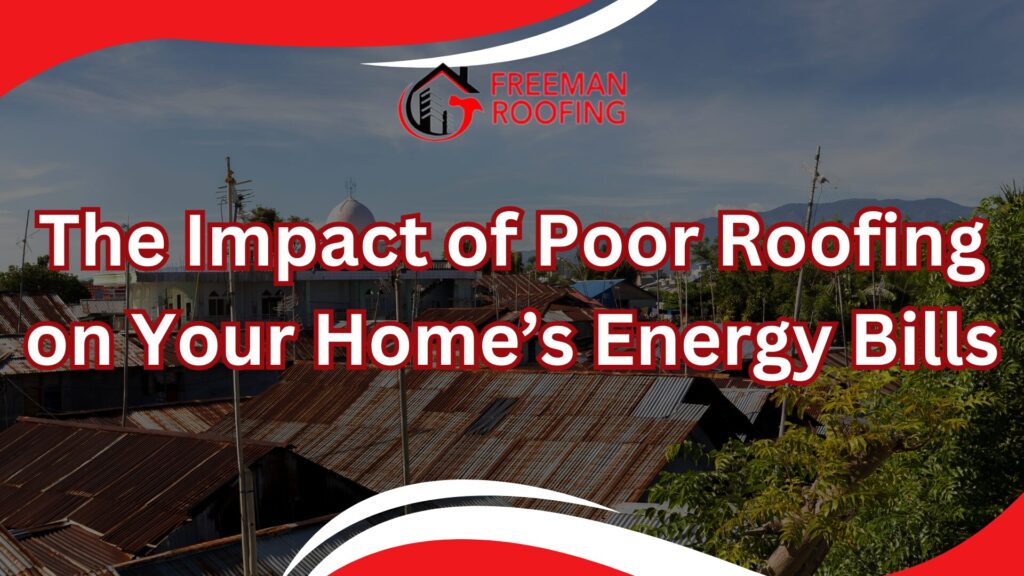The Impact of Poor Roofing on Your Home’s Utility Bills

A well-maintained roof is crucial for maintaining energy efficiency and reducing utility bills. Poorly insulated or damaged roofs can significantly impact your home’s energy consumption, leading to increased costs and decreased comfort.
Understanding Heat Transfer
Damaged or poorly insulated roofs allow for unwanted heat transfer. During the summer, heat penetrates your home, causing air conditioning systems to work harder to maintain a comfortable temperature. Conversely, in the winter, inadequate insulation allows warm air to escape, leading to increased heating demands. Both scenarios result in elevated energy bills and increased strain on your HVAC system. Learn more about the importance of roof insulation.
The Importance of Ventilation
Proper roof ventilation is essential for maintaining energy efficiency. Without adequate ventilation, moisture can accumulate in the attic, compromising insulation effectiveness. This trapped moisture can lead to mold growth, structural damage, and increased energy consumption as your HVAC system struggles to maintain a comfortable indoor temperature. Visit Adam V Roofing to learn more about improving ventilation for your home.
Choosing Energy-Efficient Roofing Materials
The type of roofing material you choose can significantly impact your home’s energy efficiency. For example, standard asphalt shingles have low reflectivity and high heat absorption, potentially increasing cooling costs. In contrast, metal roofs are highly reflective and have excellent thermal emissivity, making them an energy-efficient option. Learn about the benefits of metal roofing.
Maintaining Roof Efficiency
To maintain energy efficiency:
- Schedule regular roof inspections to identify and address issues like leaks, damaged shingles, and inadequate insulation promptly. Contact your local roofing professional for inspections.
- Consider upgrading to energy-efficient roofing materials that reflect more sunlight and absorb less heat.
- Ensure proper attic ventilation to prevent moisture buildup and maintain insulation performance. Discover more about attic ventilation solutions.
Conclusion
Investing in proper roof maintenance and choosing energy-efficient roofing materials can significantly reduce your home’s energy consumption and lower utility bills. By addressing issues such as heat transfer, ventilation, and material selection, you can create a more comfortable and energy-efficient living environment while reducing your environmental impact.
